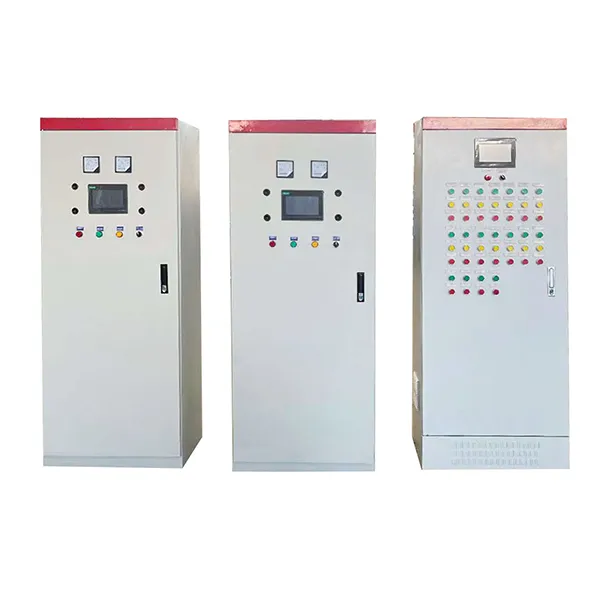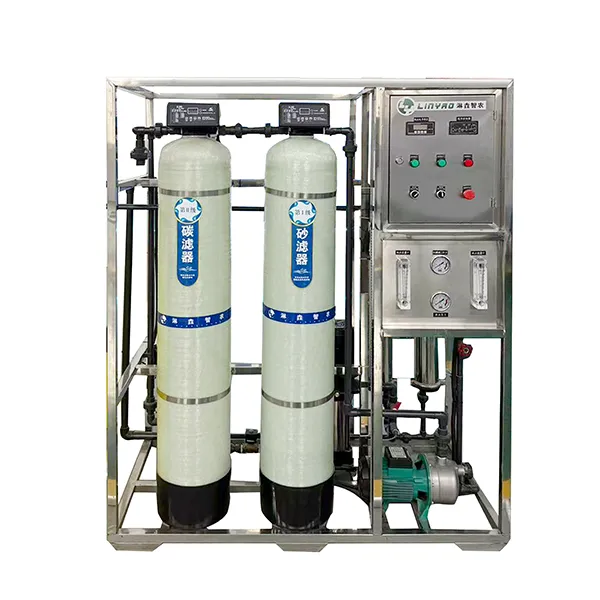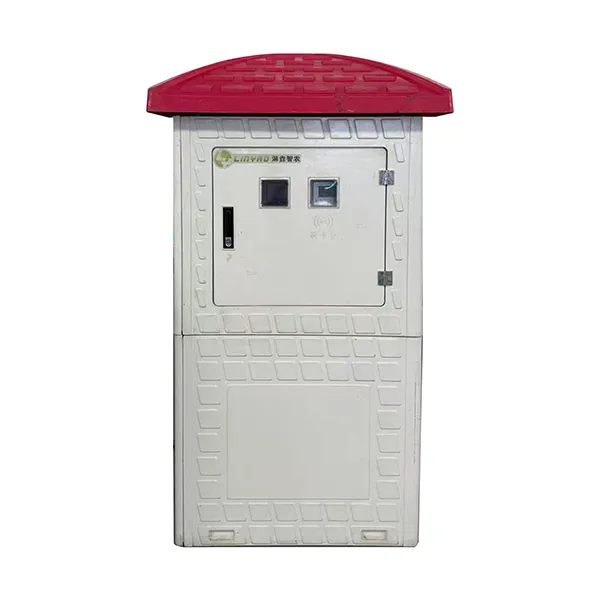
Field cultivation Main buyer country
When you hear aboutgrowing in the field, many immediately imagine tractors and tons of fertilizers. But the main thing is not just to grow, but to understand whatbuyer's main countrywill accept this product. We at Shandong Linyao Intelligent Agriculture Technology LLC have often encountered the fact that clients from Central Asia, for example, require certain grain moisture parameters, while European clients require completely different ones. And if you do not take this into account at the field planning stage, then it will be too late to redo the irrigation or filtration system.
Why is a field not an isolated area?
Last year we worked on a project in Kazakhstan - the customer wanted to optimize irrigation for wheat. Initially, all calculations were made according to local standards, but when it turned out that 70% of the harvest goes to Russia, the settings of the filtration systems had to be urgently changed. Russian buyers there often require lower moisture content in grain, otherwise there will be delays at customs. This is the point that many people miss: the field must be “customized” to the logistics and standards of the country where you are taking it.
By the way, even within the same crop - the same corn - there are nuances. For deliveries to the UAE, it is important that the grain be as free from sand as possible, which means that at the stage of field cultivation it is necessary to install additional stages of water filtration. We at Shandong Lingyao developed custom systems for such cases: not just universal solutions, but for a specific buyer.
Sometimes it seems that small details like the size of particles in the water or the level of mineralization are too much. But they are the ones who determine whether the batch will pass phytosanitary standardsbuyer's main country. It was necessary to redo the irrigation schemes literally during the sowing process, because the customer suddenly found a new buyer with different requirements.
Equipment as a bridge between the field and the market
Intelligent irrigation control systems are described on our website https://www.lyzhihuinongye.ru, but rarely does anyone link them directly to export risks. But in vain. For example, frequency automatic stations - they not only save water, but also allow you to quickly reconfigure parameters to suddenly change the buyer’s requirements. There was a case when an Uzbek partner announced a week before the harvest that we were now supplying to Saudi Arabia, and they had strict limits on nitrate content. We had to remotely reduce the supply of fertilizers through the valves - without automation this would have been impossible.
By the way, about the valves. Remote control is not just 'convenient', but sometimes the only way to respond quickly. In the same project with Kazakhstan, part of the fields were located 200 km from the base, and if it were not for the ability to remotely shut off the water when the weather changes (and the buyer from China does not accept grain with high humidity), the losses would have been significant.
I often come across the opinion that smart equipment is a luxury. But in contextgrowing in the fieldfor a specific market it is insurance. Especially when it comes to the design of hydraulic structures: if you do not initially provide the ability to regulate water mineralization, then you will not be able to meet the standards of Europe, where there are strict standards for salt content.
Costly mistakes
One of our early projects is the construction of an agricultural field for potatoes for supplies to Belarus. Then they did not take into account that Belarusian buyers only accept tubers of a certain size, and this requires precise calibration of irrigation according to growth phases. As a result, part of the harvest went to the local market at a discount. Now I always advise clients: before designinggrowing in the field, ask the future buyer not only the price, but also the technical specifications for the product.
Another example: in Uzbekistan they made an irrigation system for cotton, focusing on the Turkish market. The Turks demanded a certain length of fiber, which depended on the uniformity of watering in the last weeks before harvest. If they didn’t calculate it, they ended up with a mixed batch. We had to modify the filtration system to eliminate blockages that caused interruptions in the water supply.
Sometimes problems arise from little things. For example, in drip irrigation systems for supplies to countries with hot climates (UAE, Saudi Arabia), it is important to use materials that are resistant to UV radiation. We saved money on this once - after a season the tubes cracked and the moisture was distributed unevenly. The buyer rejected the shipment due to uneven quality.
How technology helps reduce risks
In Shandong Lingyao, we have gradually come to the conclusion that field design is not only agronomy, but also IT. For example, when we create smart agricultural parks, we always include the possibility of remotely collecting data on soil moisture and temperature. This data is then used to certify products - some EU buyers require a history of growing parameters.
Particularly useful was the integration of monitoring systems with logistics. If you know thatbuyer's main country- for example, Egypt - has a short acceptance period; you can regulate the ripening speed through the same frequency converters. It sounds like science fiction, but in practice it is simply a calculation of watering and fertilizing under certain temperature schedules.
We are currently working on a project where we combine data on field conditions with blockchain to track the origin of products. This is especially important for markets like the UAE, where proof of the 'purity' of the supply chain is increasingly required. And here we return again to the fact that the field is the beginning of the entire chain, and not an isolated object.
Practical tips for adaptation
To summarize our experience, the first thing is to always demand from the buyer not only commercial terms, but also a complete list of technical requirements for the product. Sometimes there are nuances that influence the choice of equipment forgrowing in the field. For example, the acceptable level of mechanical damage in vegetables may determine the type of harvesting system.
Second, don’t skimp on the filtration system. Many customers consider this unnecessary, but it is the quality of water that often becomes a critical parameter for buyers from countries with strict environmental legislation. We at https://www.lyzhihuinongye.ru have even developed modular filters that can be further customized to suit changing requirements.
And third, include the possibility of modernization in the project. Markets are changing, today the main buyer may be Russia, and tomorrow it may be China with completely different standards. The systems we design in Shandong Lingyao usually have a margin of performance and flexibility. This is more expensive at the start, but saves you from multimillion-dollar losses when changing markets.
Correspondingproducts
Related Products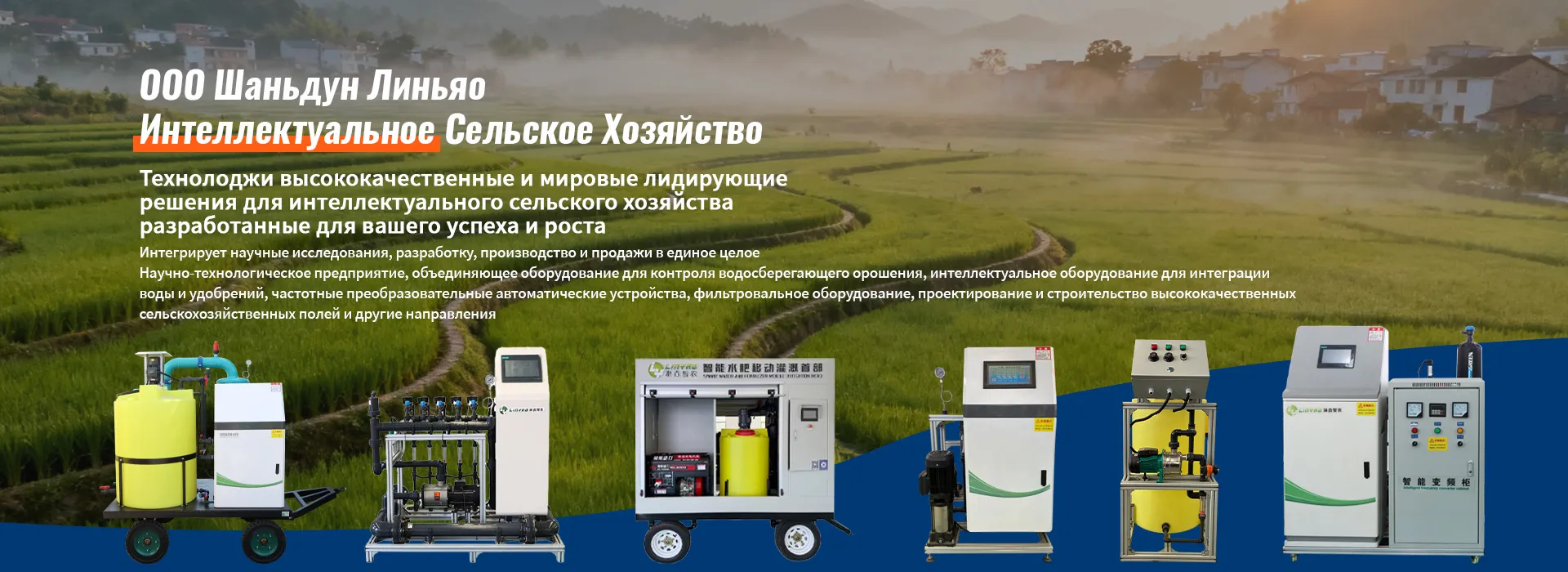
Best Sellingproducts
Best Selling Products-
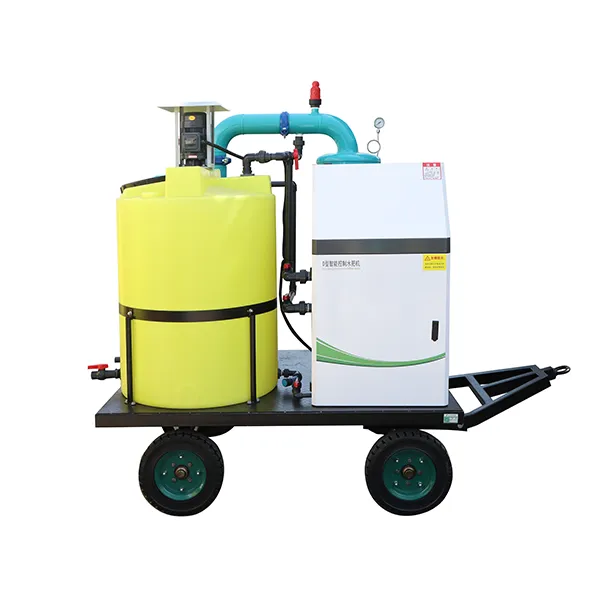 Mobile water and fertilizer integration apparatus
Mobile water and fertilizer integration apparatus -
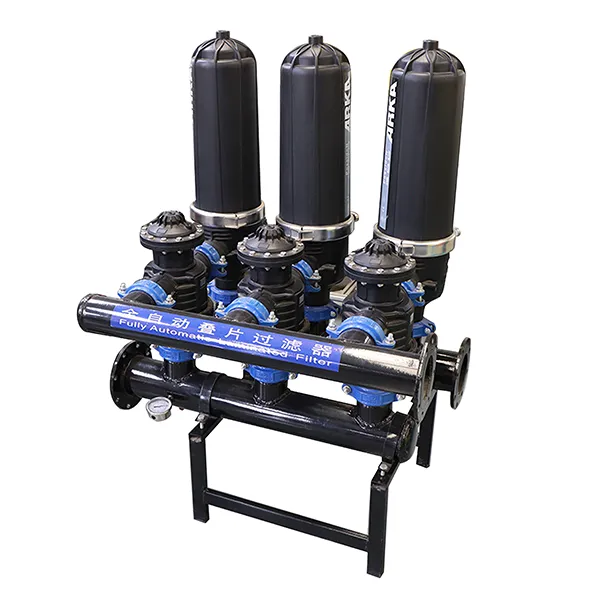 Disc filter with automatic flushing
Disc filter with automatic flushing -
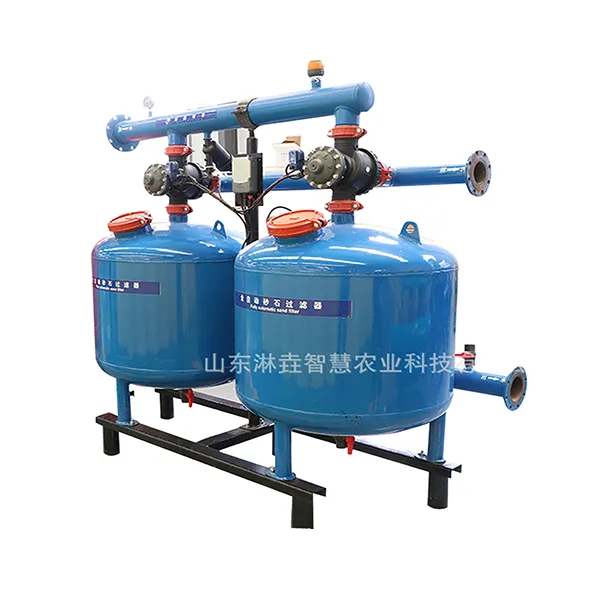 Automatic Backwash Sand Filter for Drip Irrigation System
Automatic Backwash Sand Filter for Drip Irrigation System -
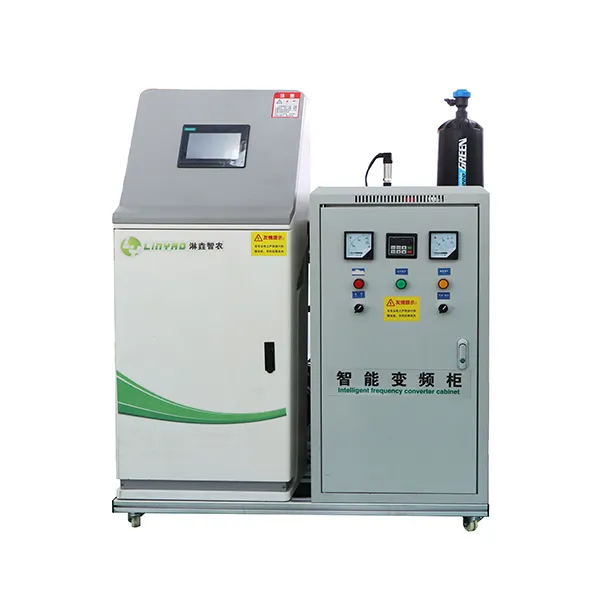 Main Fertilizer Irrigation Plant
Main Fertilizer Irrigation Plant -
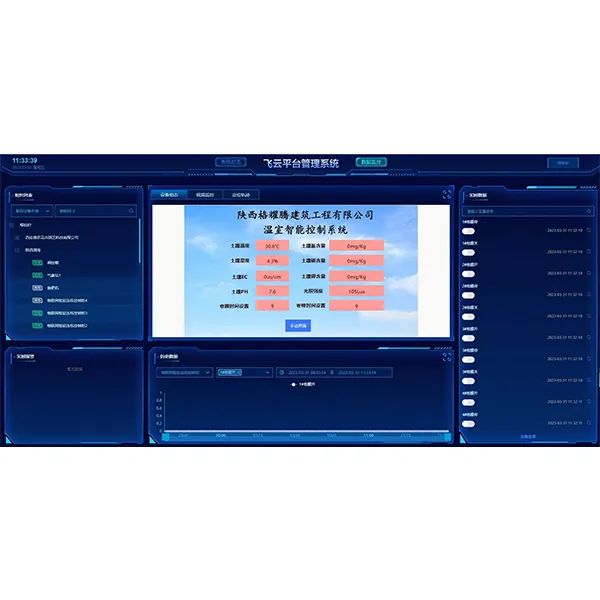 Cloud platform for smart agriculture
Cloud platform for smart agriculture -
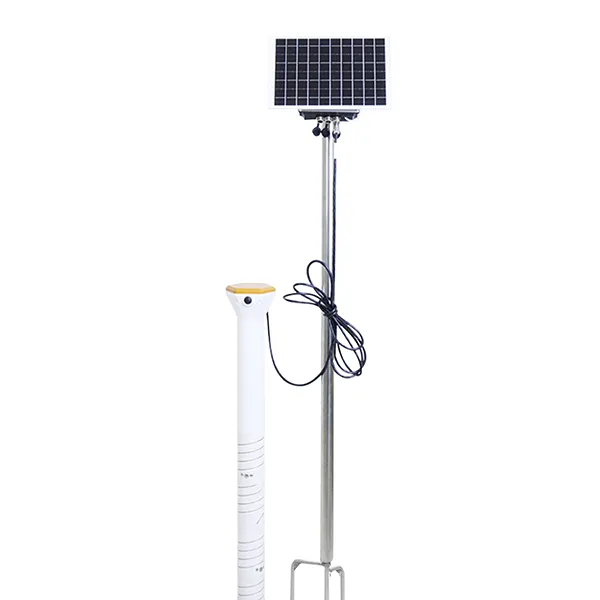 Soil Moisture Monitoring Station
Soil Moisture Monitoring Station -
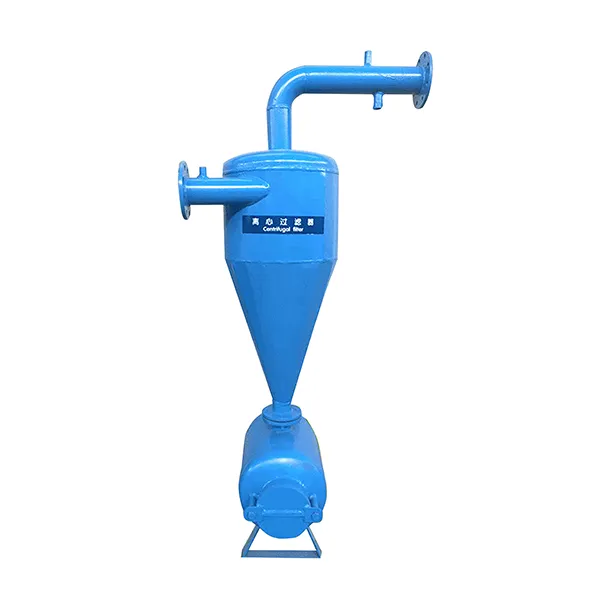 Centrifugal filter
Centrifugal filter -
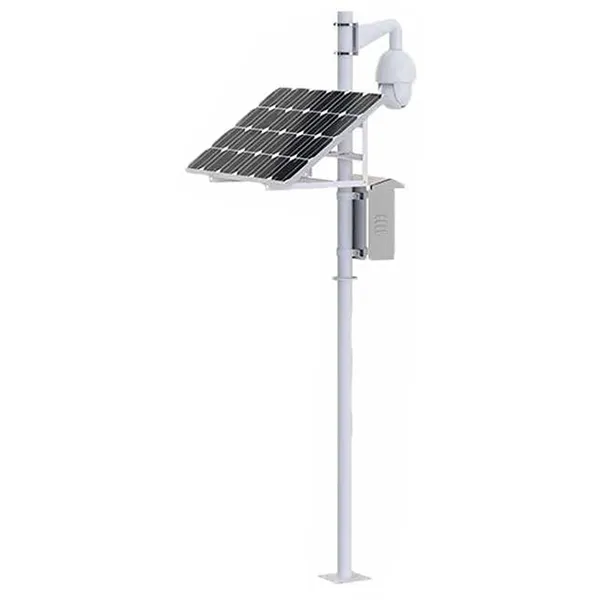 Device for monitoring the condition of seedlings
Device for monitoring the condition of seedlings -
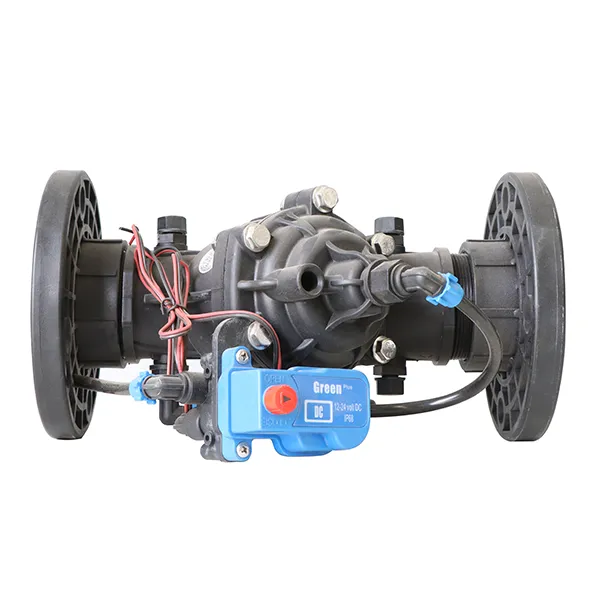 Solenoid valve
Solenoid valve -
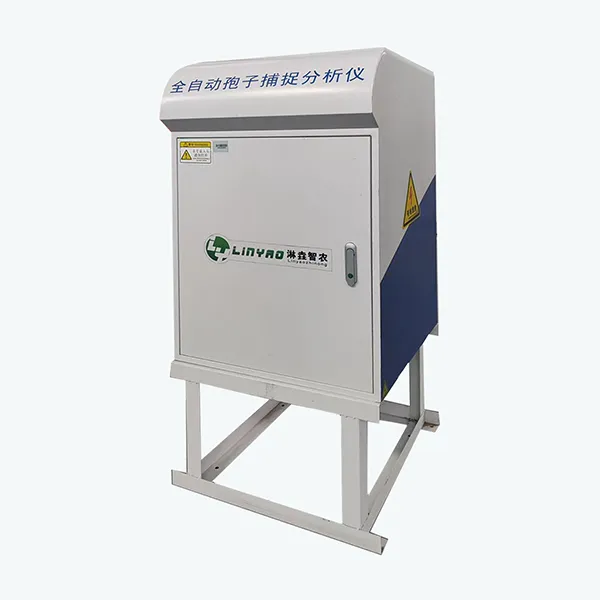 Fully automatic spore analyzer for agriculture
Fully automatic spore analyzer for agriculture -
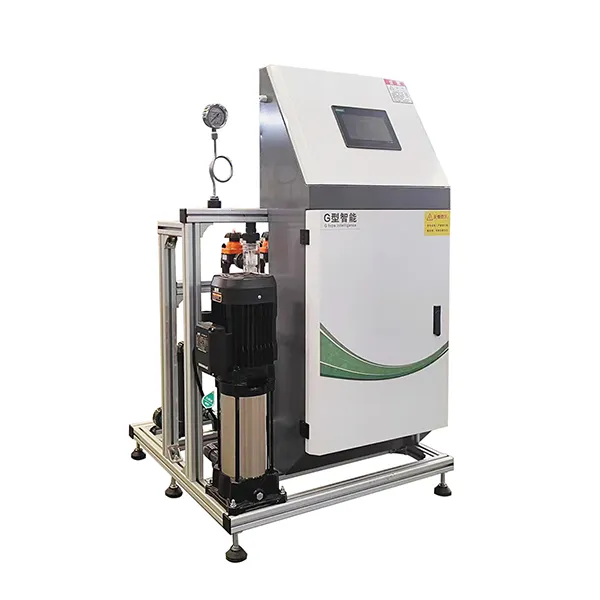 Three-channel intelligent water and fertilizer integration apparatus with 7-inch screen
Three-channel intelligent water and fertilizer integration apparatus with 7-inch screen -
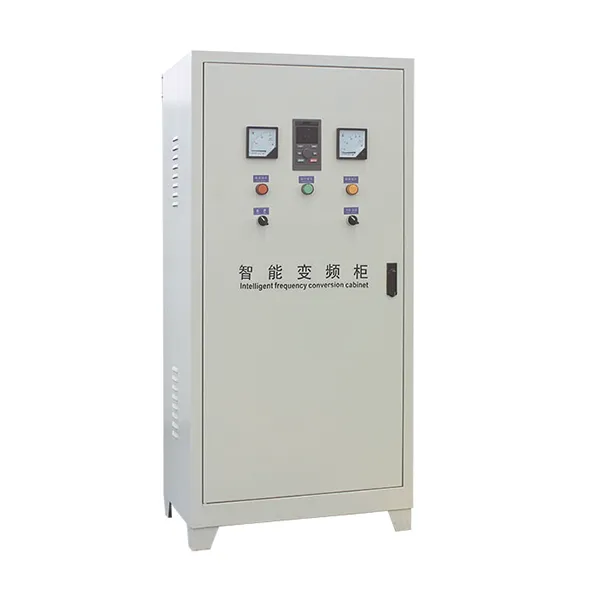 Intelligent Frequency Converter Cabinet
Intelligent Frequency Converter Cabinet
Relatedsearch
Related Search- Reverse osmosis plants
- Irrigation irrigation systems manufacturers
- Solenoid valve 5 inch pulse supplier
- Solenoid valve stainless steel manufacturer
- Industrial water purification filters with automatic rinsing and automatic backwashing, laminar water filters
- Full bore ball valve PP+fiberglass dn80 internal thread inlet, outlet for water hose manufacturer
- Full bore ball valve PP+fiberglass dn65 internal thread inlet, outlet for water hose main country of buyer
- Electric bypass valve
- Agricultural Irrigation Tools Supplier
- Soilless methods of growing urban agricultural products manufacturer


